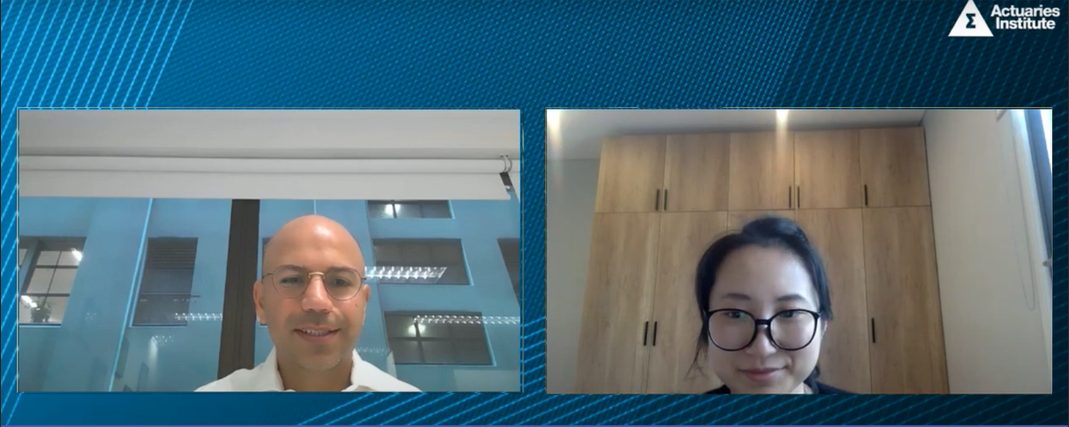Virtual Summit Shorts: The actuarial talent pool and CFO views
The need for actuaries to build out abilities beyond their usual skill set was the focus of the first session of the seventh day of the 2021 All-Actuaries Virtual Summit
Jas Singh of SKL Actuarial presented key take-outs from surveys he conducted with CFOs across the life and reinsurance, general and health insurance sectors.
As direct managers of many Chief Actuary roles, and important stakeholders in the insurance industry, CFOs possess a bird’s eye view of the actuarial profession and can therefore offer some unique perspectives in this space.
A common thread running through the interviews was a desire from CFOs for actuaries to build out other skills that can help solve non-financial problems within the business, as well as improve their own professional advancement.
More soft skills such as negotiation skills, presentation and sales were needed from actuaries, Jas said.
One CFO said that “pragmatism and the big picture are what actuaries need to get to the top that many of them aspire to get to”.
These skills are also key to how CFOs see the role of Chief Actuary evolving in the next three decades. The interviews revealed that by 2050, CFOs wanted actuaries to be able to use judgement and strategic insights to help their company and know what’s important in business.
Actuaries needed to not only mitigate risks but have a “commercial lens” to take advantage of opportunities for the business, Jas said.
CFOs suggested that actuaries needed to use their skills to advise boards and management how to take advantage of those opportunities and be more strategic about risk.
Just simply mitigating risks and finding faults in everything is not the answer, Jas said.

Overall, CFOs called for actuaries to further exploit the advantages they have to help solve both financial and non-financial problems.
Greater commercial acumen among actuaries can lead to them contributing to pricing strategy, client strategy, corporate strategy, and also use their skills to contribute to ideas for new products.
The training and tenacity that actuaries are equipped with are good bases for them to move into senior management, but Jas warned the audience that the stereotype of an actuary posed a serious challenge in doing so.
However, some CFOs felt that actuarial training was too technically focused and didn’t have the holistic training that an MBA would. These deficiencies needed to be compensated for by actuaries later on, in areas such as leadership skills, listening skills, business acumen, team management, and strategic thinking.
Actuaries looking to move into senior management roles needed to develop a better understanding of the real-world impact of their decisions on people in the business, as well as stronger people skills, Jas said.
One CFO suggested that all junior actuaries should have at least one or two mentors with different views to challenge their thinking or help their career progression or life development.
Actuaries wanting to move into senior management needed to focus more on building business networks, achieving their goals, landing roles, and being tenacious.
Overall, CFOs have a very positive view of actuaries as highly intelligent, perfectionistic, and prone to go into detail.
These were not necessarily bad traits for an actuary to have, Jas said.
|
Read further Actuaries Digital coverage of the 2021 All-Actuaries Virtual Summit. |
CPD: Actuaries Institute Members can claim two CPD points for every hour of reading articles on Actuaries Digital.







